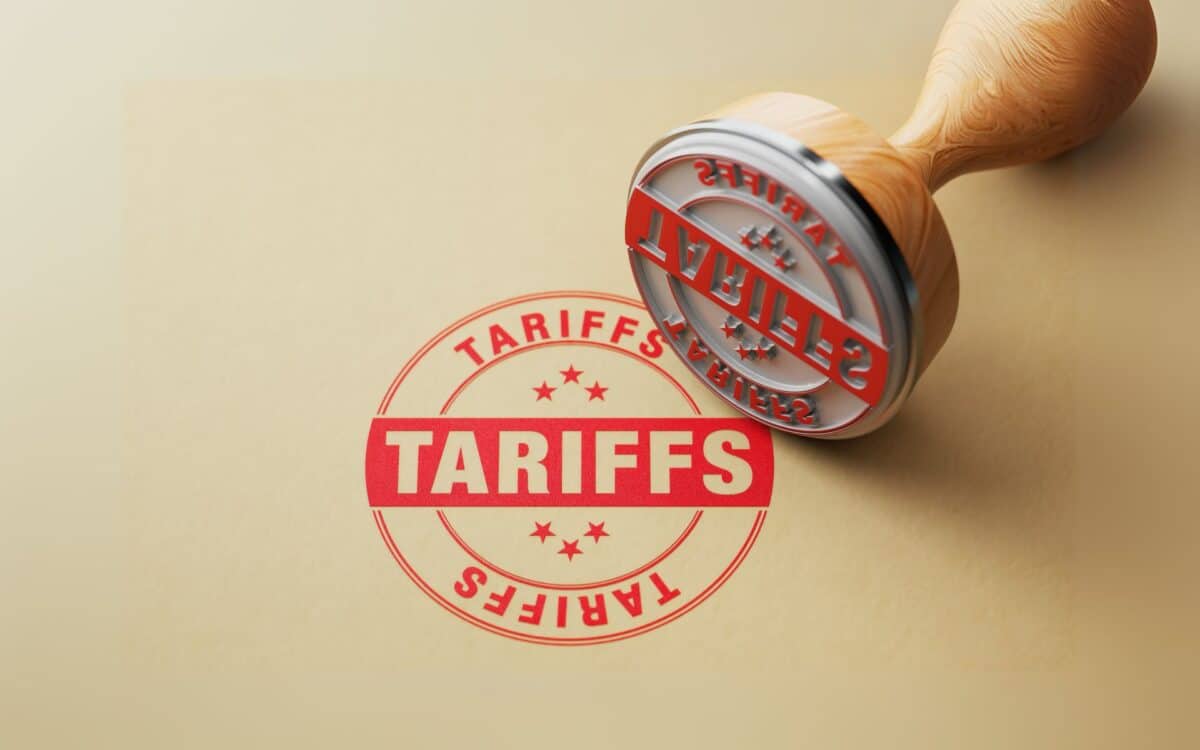Recent tariff hikes on imported goods, particularly those from China, have sparked widespread concern about the potential for price increases across various sectors.
Consumers are already feeling the pressure as everyday products become more expensive, leaving many to worry about their purchasing power. However, experts suggest that not all industries will face the same challenges.
According to Go Banking Rates, certain services are expected to remain largely unaffected by these tariff increases. These services, whether they rely on local operations or digital infrastructures, are largely insulated from the effects of international trade policies, providing consumers with some much-needed relief.
Digital Services Remain Mostly Tariff-Proof
Mobile apps are a prime example of services that will not be affected by tariffs. Since these digital products do not involve physical goods or materials that need to cross borders, they are immune to the impact of import taxes. As Gary Gray, personal finance expert and co-founder of CouponChief, explains:
“Unlike physical goods, apps don’t require shipping, raw materials or manufacturing overseas, so no extra costs are added when crossing borders.“
Similarly, digital dropshipping — the sale of digital products like ebooks, software, or online courses — is unlikely to see any price increases. These services don’t rely on raw materials or shipping, so they’re insulated from tariffs.
Streaming Platforms Not Directly Impacted
Streaming services like Netflix or Disney+ are also expected to remain stable despite tariff hikes. These platforms, which deliver content digitally, do not face the same issues as physical goods. However, price increases in these services are still possible, though typically driven by business strategies rather than tariffs.
For example, NPR reported a recent price hike for Netflix :
- $7.99 for the standard subscription with ads
- $17.99 for the ad-free version
- $24.99 for the premium version
These price increases occurred after a previous adjustment and are unrelated to tariffs.
Pet Travel Services Unaffected by Import Duties
For those traveling with pets, pet travel services offer some good news. These services are largely tariff-free, meaning they will not face the same price hikes as goods imported into the U.S. As Gary Gray points out:
“You can provide some assistance to pet owners who want to plan pet travel without the cost of importing their pets into the U.S. There are no tariffs as long as an adequate health check has been performed.“
Pet Travel Services Unaffected by Import Duties
Many local services — such as dry cleaning, fitness classes, barbers, accountants, and dog groomers — are unaffected by tariffs. Joseph Camberato, CEO of National Business Capital, explains:
“Tariffs only hit imported goods, so local services like your barber, your accountant, your dog groomer aren’t affected. You shouldn’t see any price jumps there.“
However, some services that require materials or equipment imported from abroad might still see increased costs. For instance, in the HVAC (heating, ventilation, and air conditioning) industry, the labor cost remains steady, but if the equipment is imported, prices could rise. Camberato adds:
“If the equipment is made overseas, you will likely pay more. If it’s made here, you’re in the clear.“
Some Nonprofit Healthcare Remains Stable
While many healthcare services could experience price increases due to tariffs on medical supplies and equipment, some nonprofit healthcare institutions may be less affected. According to David Navazio, CEO of Gentell:
“If you consider healthcare settings that are not-for-profit (approximately 30% of nursing homes and 60% of hospitals), they could possibly side step the increases if they could somehow keep prices the same and still have to cover their overhead costs.“
These nonprofit organizations may be able to absorb tariff-related cost increases without raising prices for patients.









